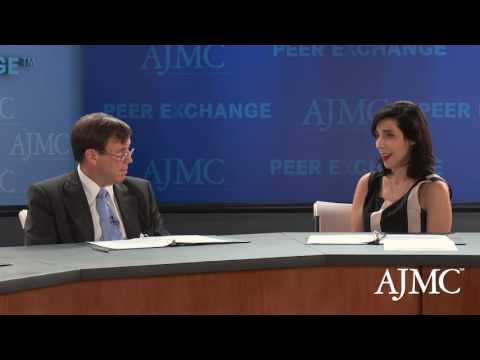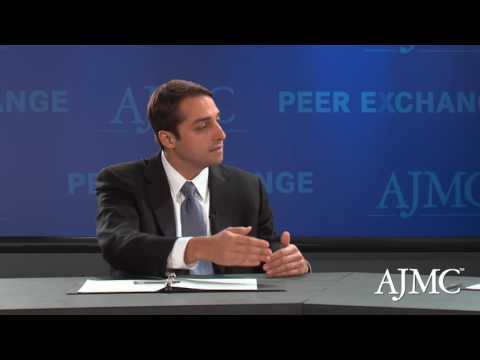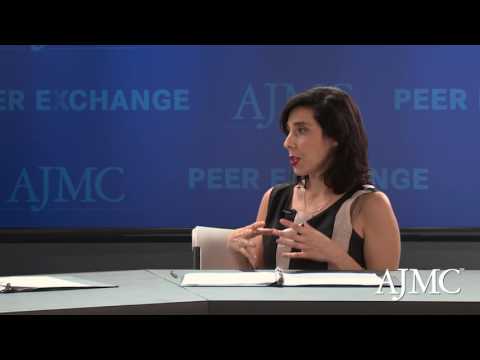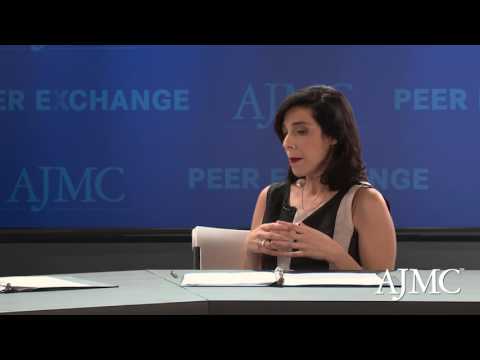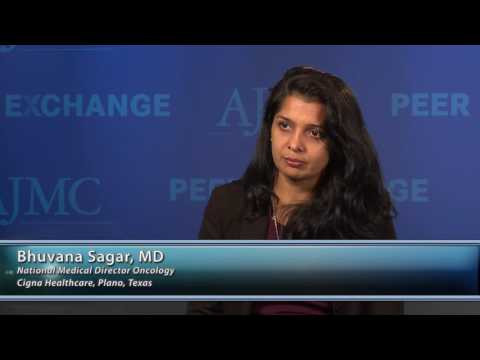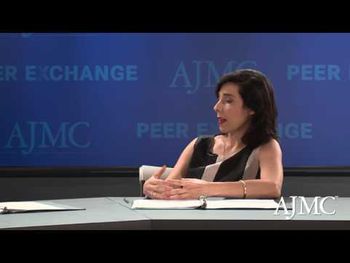
Health Care Cost
Latest News
CME Content

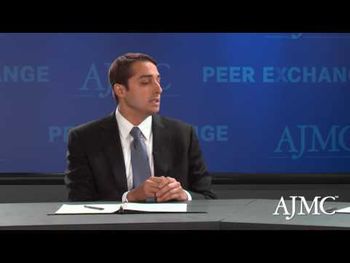
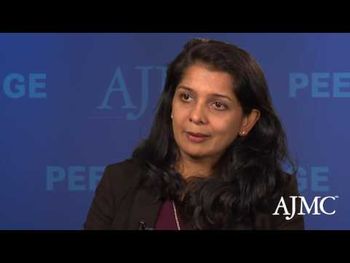
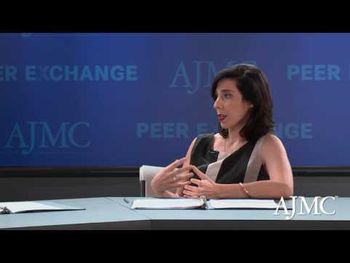
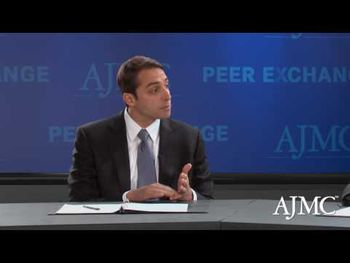

Value-based care in oncology will be a great thing for patients because it will bring the caregivers together, said Roy Beveridge, MD, chief medical officer of Humana and the keynote speaker at Patient-Centered Oncology Care.

The goal of medicine is function and health. Clinicians who marry technical skills with humanities can see their patients and themselves in the larger context of family, society, history, politics, and economics.

As the healthcare industry moves toward value-based care and accountable care organizations and other new financial models gain greater importance, Aledade is looking to guide physicians to success.

With value-based reimbursement now far from its infancy, the chief medical officer for Humana will forecast what’s ahead in payment reform-and how oncology connects with what is happening in primary care, hospitals, and the pharmaceutical industry. Roy A. Beveridge, MD, will open Patient-Centered Oncology Care, which will meet November 17-18, 2016, in Baltimore, Maryland.

Read on for a breakdown of what to expect from the near-final MACRA rule announced by CMS on October 14, 2016.

Can care delivery and payment reform in healthcare help tide us over the existing gaps in cancer care?

The Affordable Care Act called for making it easier for practices to pursue models like collaborative care by allowing physicians to bill for it.

A new study published in JAMA Internal Medicine found that more than 25% of older adults have not engaged in planning for end-of-life care or advance directives.

A new report looks at how Medicaid in states that expanded the program are pursuing alternative payment models in order to better respond to the complex health and social needs of beneficiaries.

What are some of the challenges that clinical practices will face as they implement the Medicare Oncology Care Model (OCM)? What are some of the strategies that have worked for practices using similar payment models? These were some of the questions discussed at the Payer Exchange Summit V.

At the Payer Exchange Summit V, sponsored by the Community Oncology Alliance, held October 24-25, 2016, in Tyson’s Corner, Virginia, Bruce Gould, MD, presented an overview of how cancer care has improved over the years, what the challenges are, and how practices can adapt to payment reform.

The number of accountable care organizations (ACOs) has grown rapidly over the last 4 years, with more than 800 ACOs now covering an estimated 28 million Americans. A study found that commercial ACOs were significantly larger and more integrated with hospitals and had lower benchmark expenditures and high quality scores compared with noncommercial ACOs.

Despite progress, tying healthcare payments to value has proved easier in theory than in practice, according to speakers at this fall’s meeting of the ACO & Emerging Healthcare Delivery Coalition. Experts convened October 20-21, 2016, by The American Journal of Managed Care looked ahead at the challenges the next president will face with the future of the Affordable Care Act.

Panelists in the Healthcare 2020 series discuss the challenges with the exchanges that will be waiting for the next president, the future of Medicaid expansion, and how the complexity of so many models is burdening ACOs.

Accountable care organizations (ACOs) have been laying the groundwork for the requirements for the Medicare Access and CHIP Reauthorization Act (MACRA), which will give physicians participating in ACOs an advantage during the implementation of the new Medicare payment system, said Katherine Schneider, MD, president of the Delaware Valley ACO.

To create flexibility during the transition to the payment system under the Medicare Access and CHIP Reauthorization Act (MACRA), CMS has created something called “pick your pace,” explained Kate Goodrich, MD, director of the Quality Measurement and Value-Based Incentives Group in CMS.

In the keynote speech at the ACO & Emerging Healthcare Delivery Coalition, Mark McClellan, MD, PhD, director of the Duke-Margolis Center for Health Policy, started out by providing a broad picture of Medicare reform before narrowing it down to what is happening on the ground.

The top stories in managed care included Vice President Joe Biden's released his report on the Cancer Moonshot initiative, complaints were filed against 7 insurers for discriminating against people with HIV, and Pfizer announced it plans to launch its Remicade biosimilar in November.

Dr. Song is a resident at Massachusetts General Hospital and a clinical fellow at Harvard Medical School. The American Journal of Managed Care presents the award to an early-career researcher whose achievements show the potential for exceptional long-term contributions in the field of managed care.

In creating the final rule for the Medicare Access and CHIP Reauthorization Act, CMS did an excellent job listening to, and responding to, a vast array of comments from healthcare stakeholders.
